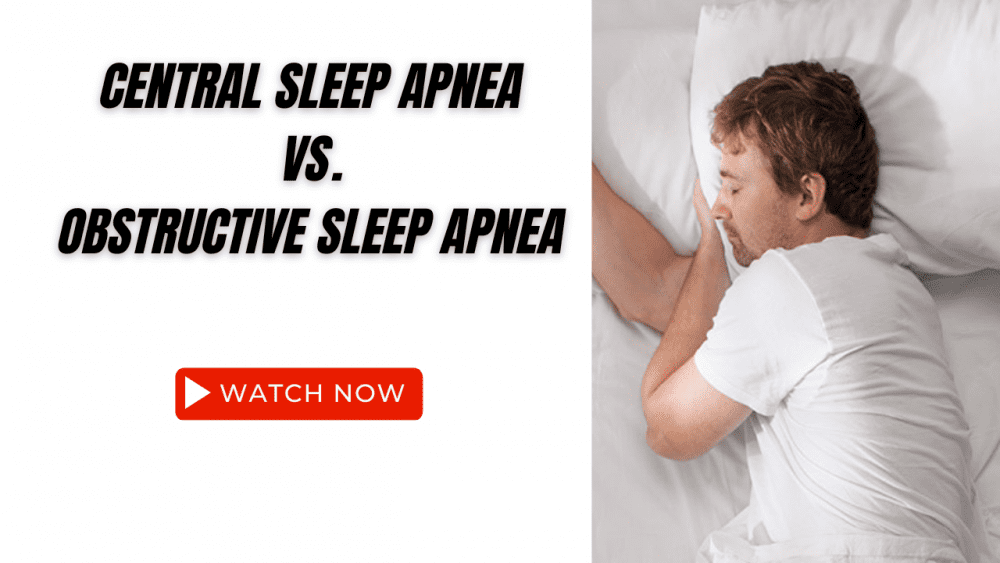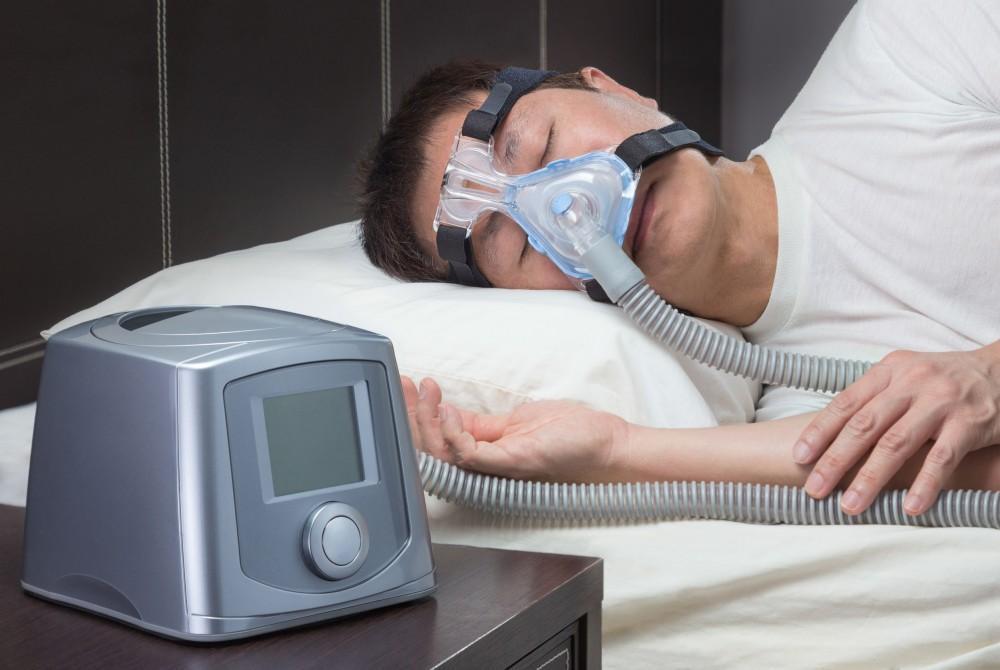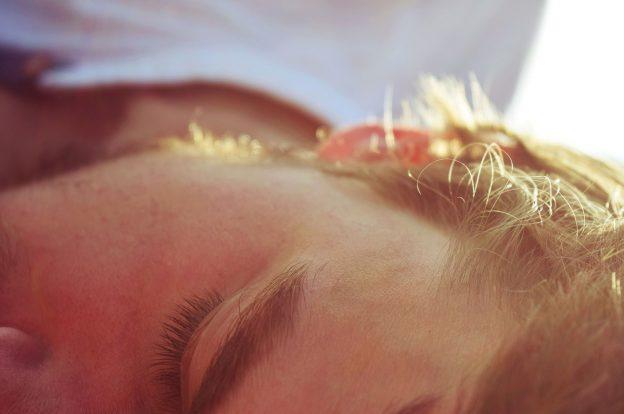
New Year’s Resolutions: Get More Sleep, Lose More Weight

The last few days of 2016 are flying by, and that means that its time to turn our attention to the upcoming new year. For lots of us, that means making a New Year’s Resolution (or two, or ten). But when the excitement wanes, motivation can quickly follow, and before you know it, you’re back to your old habits. Don’t feel bad, though. Turns out, a scant 8% of resolvers end up achieving their goals, often before the champagne has a chance to go flat. All of the gym memberships, pricey organizers, and good intentions won’t matter if you don’t know how to keep your new year’s resolution.
Luckily, we have the answer, and it applies to any resolution you’re thinking of making. No matter what you vow to do when the year turns over, healthy sleep habits are the key to making it stick.
Read More: Why You Can’t Sleep In Cold Weather — And How To Fix It
Consider the top five new year’s resolutions Americans make each year: lose weight and get healthy; get organized; learn something new; be more financially savvy, and the ever popular but less quantifiable goal to “enjoy life to the fullest.”
Their respective spots on the Top 5 list may reorder themselves from year to year, but we consistently aim to achieve them. Unfortunately, we veer off track just as often. There’s no shortage of good intentions and tools to achieve these resolutions, so why do they fail so often?
The missing puzzle piece is sleep.
When you’re ready to turn your new leaf over, resolve to commit to your health through sleeping better, and the rest falls into place.
To show you how and why that is, we’re talking all week about how to keep a new year’s resolution using the ones you’re most likely to commit to yourself.
Today, it’s all about THE new year’s resolution. You know the one.
2017 Is the Perfect Time to Commit to Getting Fit
Without a doubt, when the cookies, latkes, wine, and egg nog have all been consumed, most of us are ready to eat something that doesn’t require a stick or two of softened better. We’re ready to hit the gym, shed some weight, and get serious about our heart health.
Proper sleep health is absolutely vital to meeting those goals. Carrying extra weight can make it more difficult to get good quality sleep when it puts us at risk for sleep disorders like sleep apnea — but that’s not all.
Poor Sleep Health Can Sabotage Your Fitness Goals
The reverse can also be true: when we don’t get the recommended 7-10 hours of sleep, we put ourselves at risk for obesity. These risks can manifest in ways that are easy to understand, as this visual from a 2009 article about poor sleep and weight gain in Obesity shows:

Image: Patel, Sanjay R. and Hu, Frank B. Short sleep duration and weight gain: a systematic review
Then there’s the really obvious to take into consideration. Lost sleep results in fatigue and exhaustion. And when you’re fatigued or tired, there’s only one place you’re likely to want to go after working, parenting, or learning all day — and it won’t be the gym.
On the next page: learn about the sneaky hormone that makes it even harder to lose weight.
How Cortisol Affects Our Sleep Health (And Everything Else)
Other risks are sneakier. Take cortisol, for instance. It’s a steroid our bodies produce to aid in the metabolic process, among other things. It’s sometimes called “the stress hormone,” because your adrenal gland floods your bloodstream with it in stressful or fight-or-flight situations.
To make energy available to you as quickly as possible, cortisol gets in the way of our bodies’ natural ability to use insulin to break down glucose. When our stress levels subside, so to do the levels of cortisol and glucose in our bloodstreams.
Keep those fluctuations up, and you could be looking at prolonged blood sugar interference, a reduced metabolic rate, and even cravings for sugary foods. Yes, you read that right: stress eating is very real. On top of that, there’s a direct correlation between increased cortisol production and abdominal fat, or belly fat.
Read More: 10 Bad Sleep Habits You Needed To Break Yesterday
It’s not hard to see how that could work against your goals to lose weight and get healthy, but what does it have to do with sleep? Well, studies have shown that our bodies produce more cortisol during Stage 1 sleep — light sleep — and that Cortisol levels taper down in later stage REM sleep. Your body needs time to get to that deep stage of rest, and if you’re consistently getting only 5-6 hours of sleep you’re spending most of in Stage 1 sleep — while your body produces more and more stress hormone.
What does all of that mean? In the short term, it means that you’re risks for cardiovascular diseases are climbing. Remember, cortisol regulates blood sugar and pressure. Hyperglycemia, diabetes mellitus, obesity and hypertension are all short-to-long-term risks of increased cortisol production.
Read More: Diabetes and Sleep Apnea: A Link We Can’t Ignore
As if that weren’t enough, one particularly negative impact of too much cortisol over the long term can be insomnia, which means the whole cycle can and will repeat on itself!
If You Want to Get Fit, You Can’t Skimp On Good Sleep
So there’s more than one way low quality or low quantity sleep can work directly against our goal to get healthy, particularly if losing weight is a part of that goal. All of which is great information to have, but the question remains: what do you do about it?
Well, if you already know that something’s off with your sleep — maybe you’re restless all night long, or perhaps you get the recommended amount of sleep but still feel exhausted — talk to a sleep specialist before you hit the gym or begin that fancy diet. If you aren’t sure, it’s important to understand that secondary issues — a stressful work situation, for instance, or a job outside of the regular 9-5 — can both be affected by and affect sleep in more ways than you might think.
Your board-certified sleep health specialist can give you strategies for managing those less-obvious issues as well. And once you manage them and get on the path to healthy, high quality sleep, you’ll be ready to take on an extra Zumba class before someone can say “swimsuit season”.

Don’t forget to join us tomorrow when we tackle the resolution to learn new things and reveal how sleep can help you achieve that goal, too!
In the meantime, drop us a note in the comments about your own new year’s resolution, or stop by our Facebook page just to say hi!
You Might Also Enjoy...


Dr. Kakar Products

Central apnea vs. Obstructive sleep apnea

Warning to Patients about Ozone Cleaners

Ways to Help You Keep Hope Alive

